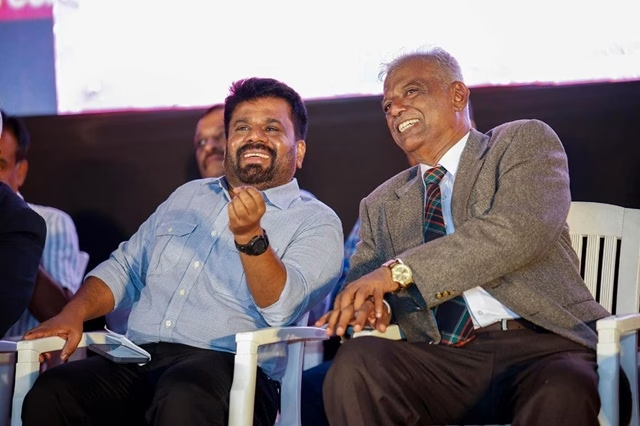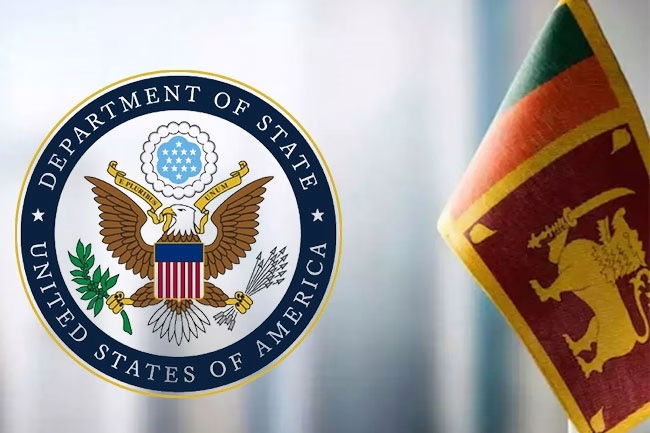A dark cloud of suspicion hangs over the Presidential Commission of Inquiry (PCoI) that investigated the 2019 Easter Sunday terror attacks, as fresh revelations suggest a deliberate cover-up regarding the true identity of the mastermind behind the atrocities.
MP Nizam Kariapper’s recent social media post, claiming that Public Security Ministry Secretary and former Senior DIG of the CID Ravi Seneviratne had identified the mastermind, has ignited a firestorm, despite Seneviratne’s swift denial. However, Kariapper is not alone in pointing fingers, and a closer look at previous testimonies and the PCoI report itself raises troubling questions about who the commission is protecting.
The controversy dates back to October 2024, when Rev. Fr. Cyril Gamini Fernando, Spokesman for the Archdiocese of Colombo, publicly stated that the terror mastermind was a figure known as “Abu Hind.” According to an international terrorism expert who testified before the PCoI, “Abu Hind was a character created by a section of a provincial Indian intelligence apparatus” – a virtual persona used to manipulate figures like Zahran, the local extremist leader.
Even more damning is Fr. Fernando’s assertion that when Seneviratne, then SDIG in charge of the CID, attempted to reveal Abu Hind’s true identity during his PCoI testimony, he was silenced. Instead, a commissioner reportedly jotted down a name on a piece of paper and confirmed it with Seneviratne, suggesting a pre-determined narrative was at play.
Adding to the intrigue, the PCoI’s final report, despite these alleged interventions, states: “The CID investigators who testified before the COI informed that they are investigating the identity of Abu Hind. Those investigations should proceed.” This directive for a “fresh probe” directly contradicts the notion that Seneviratne had already identified Abu Hind to the commission.
Furthermore, Seneviratne’s own PCoI testimony indicated that Abu Hind could not be Sri Lankan, aligning with the strong belief among 11 prominent witnesses, including Archbishop Malcolm Cardinal Ranjith and former President Maithripala Sirisena, that a foreign hand was behind the Easter Sunday attacks.
The philosophical principle of Occam’s razor suggests that the simplest explanation is often the most accurate. In this complex web of denials, retractions, and alleged suppressions of evidence, the simplest path to truth lies in directly questioning Seneviratne and the PCoI commissioner involved. They are duty-bound to cooperate with investigators and finally bring to light the true identity of the Easter Sunday terror mastermind, and with it, justice for the victims. The public deserves to know why the PCoI seemingly prevented crucial information from being revealed and why a fresh probe is being called for when the answers may have already been at hand.





